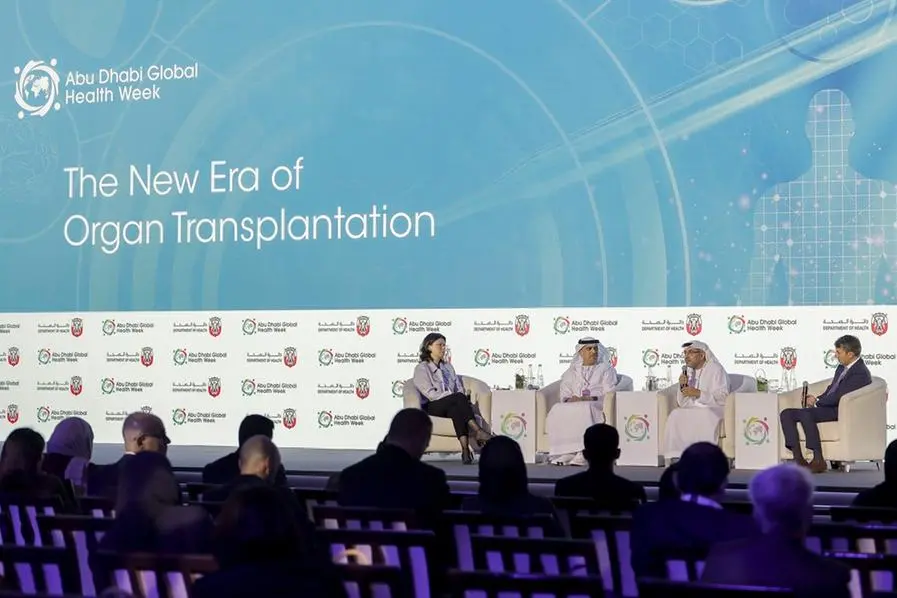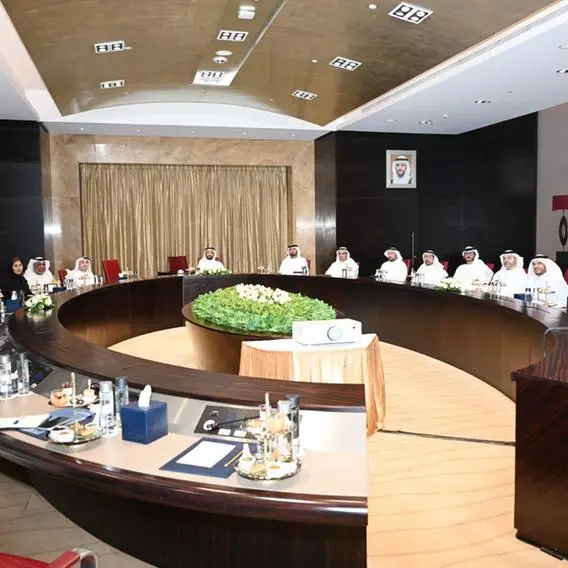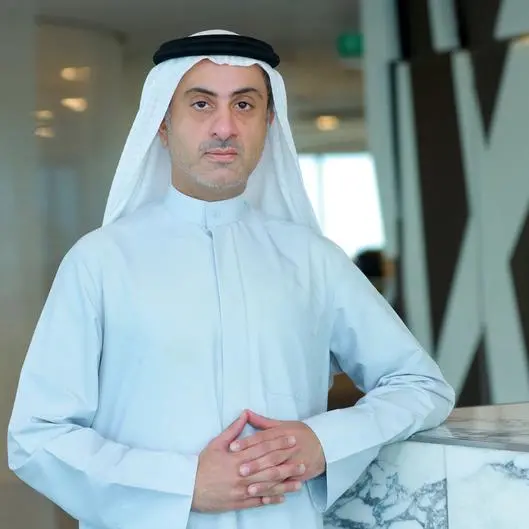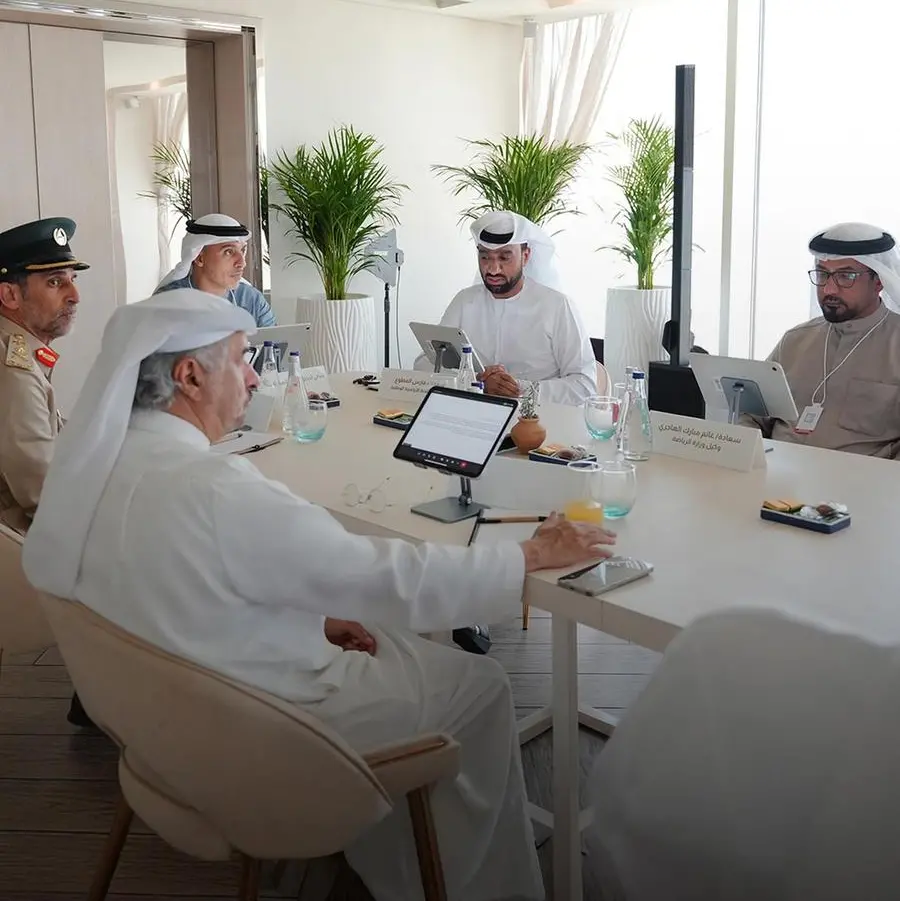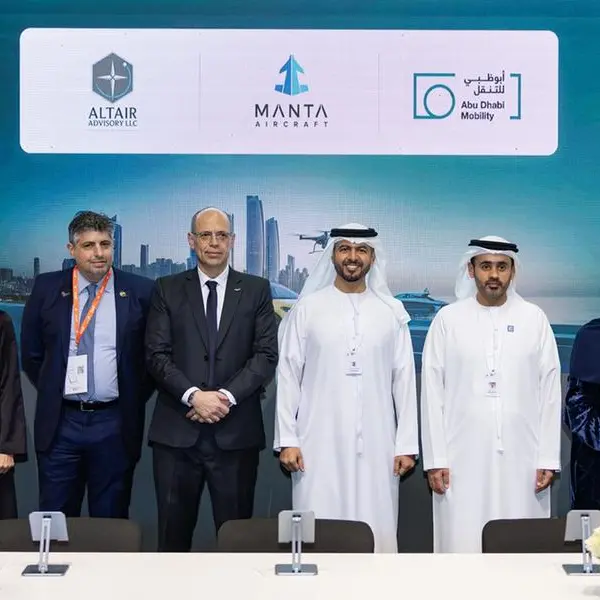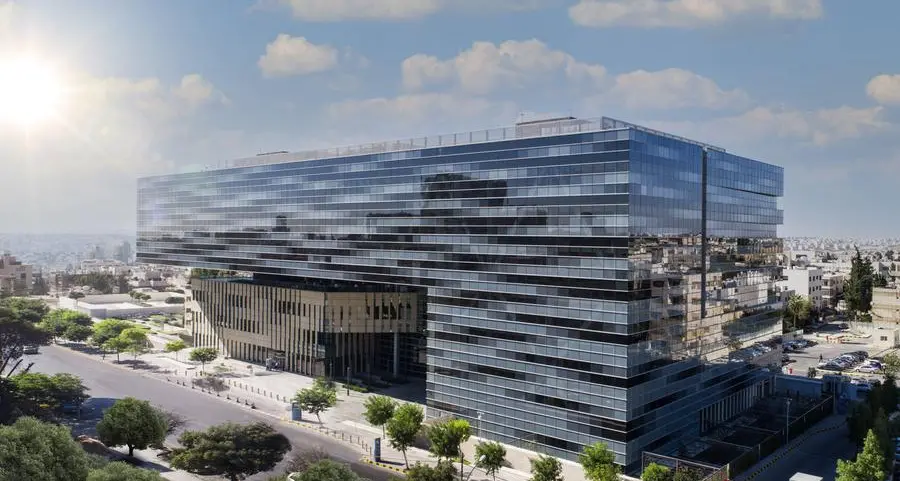PHOTO
- The UAE is leading the organ donation revolution in the region
- Organ transplantation in UAE: From regional to global leadership
- Dr. Amin Al Amiri: UAE seeks to be a global hub in organ transplantation
UAE, Dubai: The Ministry of Health and Prevention (MoHAP) has showcased the latest achievements of its flagship National Programme for Organ and Tissue Donation and Transplantation, “Hayat," during the Abu Dhabi Global Health Week.
The international forum brought together global healthcare leaders, experts, and academics to strengthen collaboration, enhance care quality, and design comprehensive solutions for future health challenges.
As part of its strategic participation, MoHAP aimed to promote “Hayat” programme as a regional and global model for ethical and effective organ donation systems. It also aimed to expand cross-border cooperation through regional organ exchange networks and highlight the UAE’s progressive legal framework for transplantation—widely regarded as a scalable and ethically sound system.
Additionally, the Ministry sought to stimulate investment and innovation in transplantation technologies while presenting updated data and performance indicators that showcase the rapid progress of the “Hayat” programme.
Regional leadership
While taking part in a session titled “The New Era of Organ Transplantation,” held under the theme “Longevity and Precision Health,” His Excellency Dr. Amin Hussain Al Amiri, Assistant Undersecretary of Health Regulations Sector at MoHAP, reaffirmed that the UAE will accelerate its efforts to become a regional and global hub in organ donation and transplantation.
“MoHAP together with its strategic partners, is committed to adopting the latest solutions that save lives and help develop health policies in line with international regulatory practices” He said, while emphasizing the need for cross-sector collaboration and public trust and ensuring alignment with World Health Organization (WHO) guidelines and best-in-class global standards.”
Results and achievements
Citing recent achievements, Dr. Al Amiri revealed a 20% year-on-year increase in organ donation rates, a rise attributed in part to the introduction of robotic transplant technologies in the country. In 2024, a total of 252 organs were successfully transplanted, a milestone that reflects both operational progress and increased public awareness about the “Hayat” programme.
Looking ahead, he outlined a comprehensive development roadmap for the UAE’s transplant ecosystem. Key initiatives include mandatory reporting of potential organ donation cases across all hospitals and implementing a performance-based hospital classification system using monthly scorecards. This is in addition to scaling up digital registration and public awareness campaigns to boost community participation as well as expanding health insurance coverage for transplant procedures to ease financial barriers for patients.
Dr. Al Amiri concluded by reaffirming the importance of strengthening collaboration with the WHO and leading international transplant organisations, noting that a unified global approach is essential to building a healthier, more equitable future.
Discussion topics
The session explored the rapid evolution of organ transplantation in the region, addressing regulatory reforms, cross-border collaboration, and medical innovation. Speakers stressed the importance of aligning with World Health Organisation recommendations, noting that the UAE’s integration of global best practices into national health legislation has contributed to establishing flexible, ethical, and responsive transplant systems.
Discussions also touched on the latest developments in complex and multi-organ transplantation, as well as the growing use of technologies such as robot-assisted procedures.
The session also addressed the role of regional and international partnerships in building integrated transplant services, highlighting the need for capacity building—starting with medical specialists and logistics infrastructure—as a cornerstone for future progress. Rising demand and continued innovation in multi-organ and robotic transplantation are set to redefine the landscape of advanced healthcare delivery in the years ahead.
